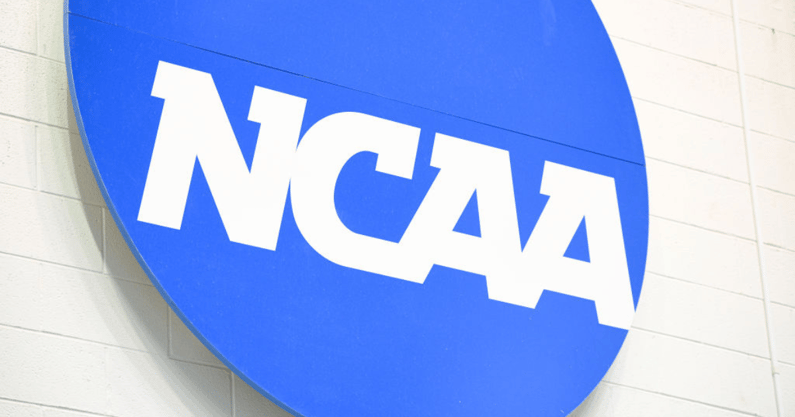NIL Go clears $35.4 million in debut report

Editor’s Note: The College Sports Commission clarified its data Sept. 5, citing a “clerical error” in the initial report. A total of 8,359 deals have gone in the system to date, which have a $79.8 million total value. NIL Go cleared 6,090 deals out of 8,359 total entered into the system, and the total value of cleared deals is $35.42 million.
The recently established College Sports Commission (CSC), college sports’ new enforcement entity, released its first report of deals being pushed through the NIL clearinghouse on Thursday. Dubbed “NIL Go,” the clearinghouse is supposed to approve any deal from a third-party business valued at over $600 and launched this summer following the approval of the House v. NCAA settlement.
SUBSCRIBE to the On3 NIL and Sports Business Newsletter
The clearinghouse, which was built with assistance from Deloitte, announced Thursday that 28,342 athletes and 1,227 institutional users have registered since launch, with 6,090 deals being cleared with 8,359 in the system. In total, 32,729 athletes, agents and institutional users have registered. Values for deals have ranged from north of $1.6 million.
To date, $35.42 million has been cleared by the clearinghouse, with 332 deals not being approved. The total value of deals in the system is $79.8 million, though the CSC said that does not include deals canceled by athletes before review or following being “not cleared.” No parties are currently in arbitration, with the most common issues including deals not satisfying a valid business purpose and contradictory deal terms.
“This initial report shows the new system is working as intended: legitimate NIL deals are being submitted, reviewed and approved through NIL Go,” College Sports Commission CEO Bryan Seeley said in a statement. “The strong engagement from student-athletes and institutions shows real progress toward the clarity, transparency and fairness that the House Settlement intended. We look forward to sharing our progress on a regular basis as we continue to refine and improve the NIL deal review process moving forward.”
After releasing guidance this summer stating that NIL collectives could not directly pay athletes, the CSC pivoted on the guidance. The clearinghouse announced in late July that it would treat NIL collectives as a typical business, but the organizations must conform to the “valid business purpose” requirements outlined in the House settlement.
Top 10
- 1New
JP Poll Top 20
Big shakeup after Week 2
- 2
Heisman Odds shakeup
Big movement among favorites
- 3Hot
Eli Drinkwitz comes clean
Knew rule was broken
- 4
Deion Sanders
Fires back at media
- 5Trending
Big 12 punishes ref crew
Costly mistake in Kansas-Mizzou
Get the Daily On3 Newsletter in your inbox every morning
By clicking "Subscribe to Newsletter", I agree to On3's Privacy Notice, Terms, and use of my personal information described therein.
Athletes are required to submit deals for a “fair‑market‑value evaluation” within five business days of execution. The decision from the CSC to update its guidance around NIL collectives could stave off any forthcoming lawsuits.
Officials from at least 25 NIL collectives told On3’s Ross Dellenger on Thursday that 120 of their submitted NIL deals have been denied by the College Sports Commission and another 192 remain under review.
“The College Sports Commission will enforce the settlement as written,” Seeley said in July. “Pay-for-play will not be permitted, and every NIL deal done with a student-athlete must be a legitimate NIL deal, not pay-for-play in disguise.”